Democratic Republic Of Congo
After a week of severe floods in the Democratic Republic of Congo, the Equateur region is now the latest to be affected by rising water from the Congo River.
At the end of December, the flooding hit the provinces of Ituri and Mongala as well as the capital Kinshasa.
Now, locals in the city of Mbandaka and its peripheries are struggling to cope with the flood waters, which authorities say have destroyed over a hundred homes.
As of December 28, 60 fatalities had been reported across the country due to the floods.
The flooding comes after a month of exceptionally heavy rainfall, which has also triggered deadly landslides and building collapse.
This week a state of emergency was declared, as well as the release of emergency funds of approximately $4 million aimed at providing humanitarian aid to those affected.
Experts say the short but intense bursts of rain are a key marker of climate change, and when combined with the hot, very dry periods that precede the rains, create the prime conditions for flooding. The heat hardens the soil, which in turn makes it less permeable and able to collect excess rain water.
Making matters worse are the impacts of deforestation, which increases the risk of mudslides.
The floods are the most severe in over sixty years, since the last major flooding in Kinshasa in 1961.





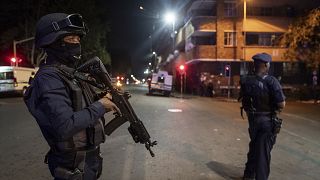
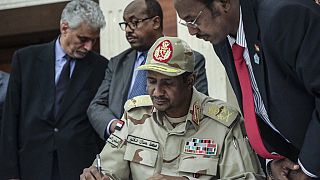
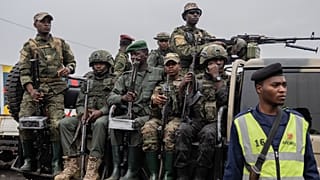
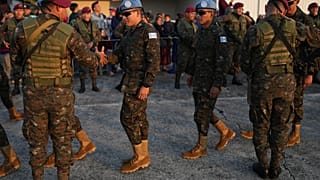
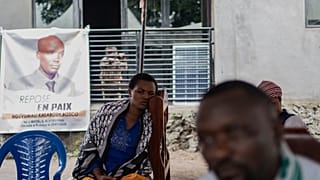


00:49
Sudanese military says it has broken siege on key Kordofan city
01:00
Emotional reunions at Rafah as Palestinians cross Gaza-Egypt border
02:19
Kenya: Nairobi fashion week challenges industry to rethink consumption
00:57
Youngest son of DR Congo's independence hero passes away in Kinshasa
Go to video
DRC: Kinshasa and UN launch humanitarian response plan
01:00
Pix of the Day January 27, 2026